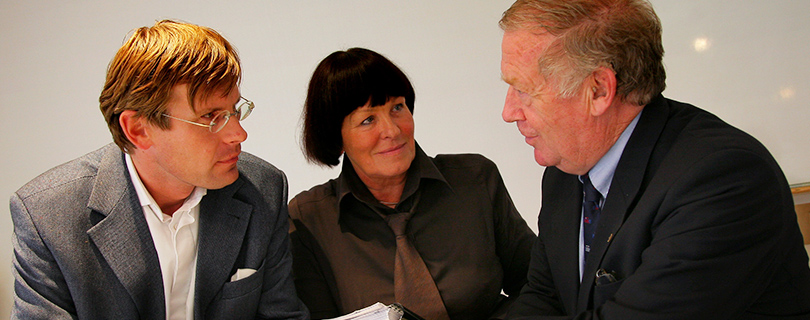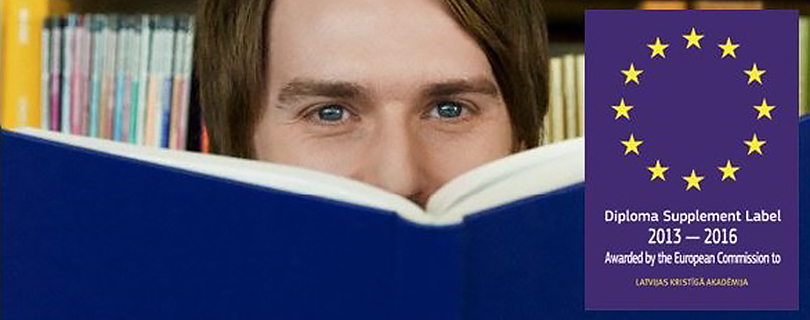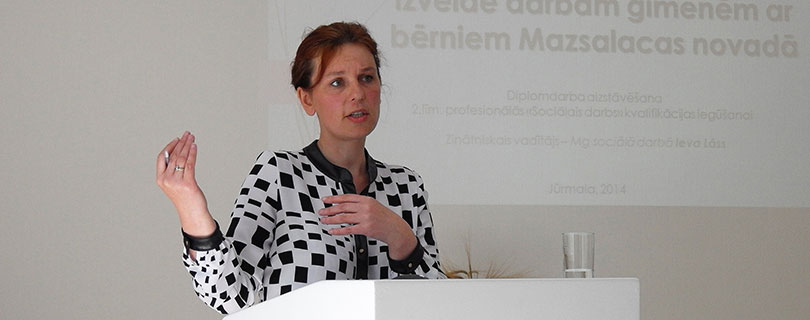ERASMUS University charter
ERASMUS University charter is a document issued by Euro Commission and it permits higher education institutions to take part in activities of ERASMUS programme. Latvian Christian Academy was awarded with the enlarged ERASMUS University charter back in 2007.
ERASMUS University charter permits following activities:
- To organize mobility of students, academics and personnel,
- To organize interstate placement for students,
- To offer ERASMUS intensive language courses and Intensive programmes,
- To apply for multisided projects, nets, additional activities and undertakings,
- To organize preparatory visits.
The charter describes basic principles which the higher education institution has to follow when ERASMUS programme activities are organized and carried out.
ERASMUS University charter is available in the webpage of the State Education Development Agency, please click here.
ERASMUS policy statement (EPS).
Latvian Christian academy is a classic student-oriented research and education institution with a strong ambition to be one of the leading Christian education institutions maintaining a high quality level. Its curriculum is based on internationally oriented interdisciplinary research.
LChrA emphasizes the importance of internationalization in Europe partly by cooperating with:
- A select group of qualified European partner universities and education centers. Through multilateral networks LChrA aims at intensive collaboration in terms of exchange, joint courses and projects,
- Regionally oriented centers of learning and research,
- Universities with a similar Christian background.
LChrA states in its approved Memorandum on internationalization (May 2006) that in 2009 students of LChrA will take part in his/her studies abroad. The aim is not only an increase of quantity, rather the quality of the stay abroad is given the main attention.
As a precondition for European mobility, LChrA has concluded a number of bilateral agreements. Qualitative structuring and intensification of these contracts is essential. In order to achieve this goal agreements are monitored on a regular basis.
Internationalization of the LChrA study and research work is given extra attention in the years to come.
Teachers’ mobility is being encouraged and facilitated. Some procedures and opportunities for professionalization of language proficiency will help for it.
LChrA promotes participation in Intensive Programmes. As far as the introduction of English Master programmes is concerned, LChrA prefers a phrased implementation, in which the quality of the education offered in English takes precedence. Participation in European projects for curriculum development is supported within the boundaries set.
LChrA is responsible for equal treatment of men and women, as well as for care for students with special needs. Appropriate facilities are being made for disabled students. LChrA does not discriminate according to race and nationality.
LChrA implements a transparent ECTS system. All study programme components have been described in ECTS terminology. To monitor the quality of an educational stay abroad, arrangements are made with similar partners concerning the possibilities and level of the course programmes.
For outgoing and incoming students LChrA makes standard use of a Learning agreement and a transcript of records.
Incoming students can obtain full information and the ECTS guide.
Outgoing mobility provides input in the internationalization of education and enlarges multinational knowledge and skills for education offered at the home institution.



